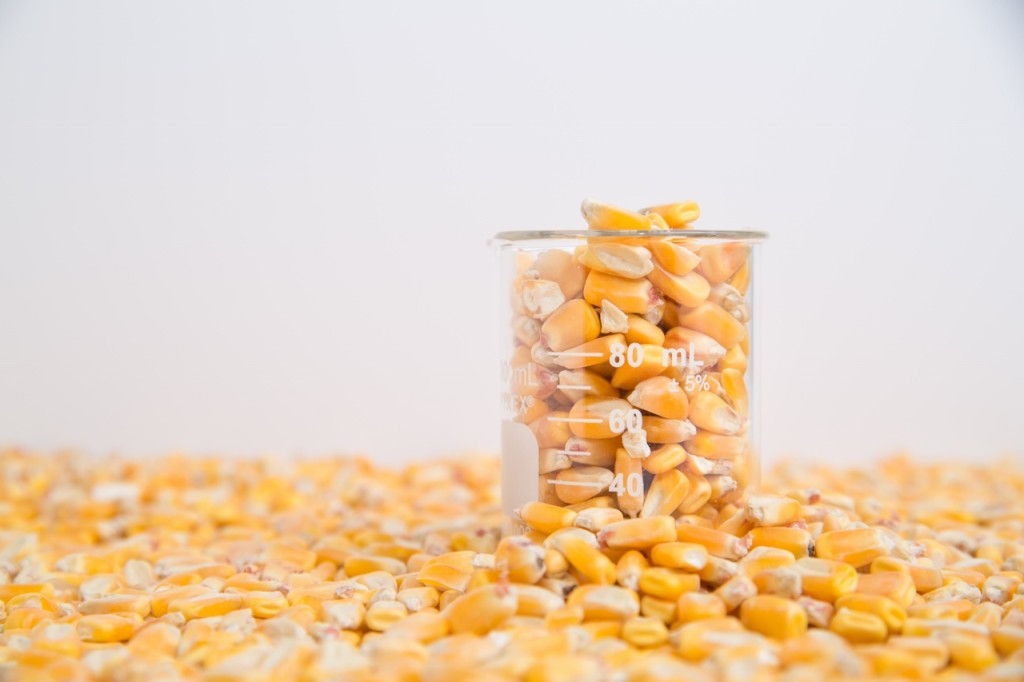These days, it’s especially important to know what is in our food and how it’s made or grown. Reading labels, asking questions and staying informed are the best ways to feel secure about what you and your family are consuming.
Food that is bioengineered is a little more difficult to track since it may or may not be labeled. Though the practice of bioengineering food is ancient, cross-breeding of various plants and vegetables produce foods that can resist certain insects, create seedless fruits, have a certain taste or texture, and so much more. On the other side, bioengineering also can cause irritations, allergies, and reactions when foods are cross-bred with peanuts, wheat, or other allergy-prone foods. Not knowing what was done on a molecular level before the food was grown makes it hard or impossible for those with serious food allergies to avoid them. One misstep can trigger a reaction with a devastating effect.
Some of the most bioengineered foods are:
- Corn
- Tomatoes
- Soy
- Apples
…just to name a few. These are all edible, of course, but the controversy is alive and well, with many people concerned about the side effects and interfering with Mother Nature.
The FDA (Federal Department of Agriculture) uses its power to remove any foods that are deemed unhealthy for the American public and the CDC (Center for Disease Control) is commissioned to track all foods, including bioengineered foods. Both entities have declared that bioengineered food is safe for public consumption, but neither has addressed the allergy issues.


